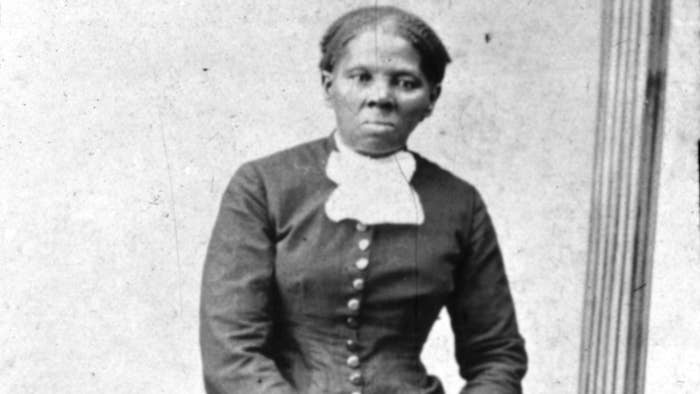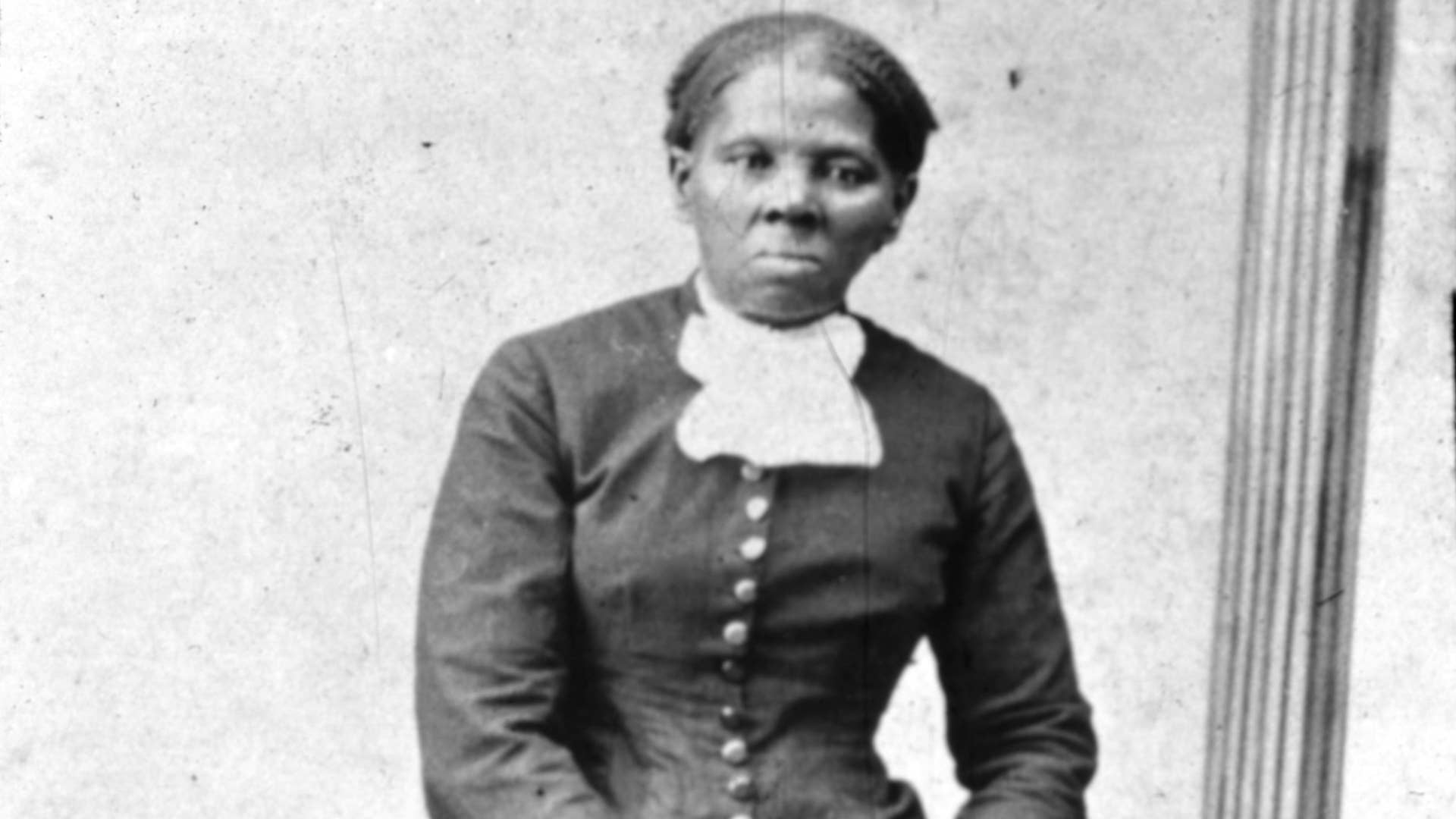
An archaeology crew in Maryland announced this week they’ve found what is believed to be the site of Harriet Tubman’s father’s home.
On Tuesday, Maryland Lieutenant Governor Boyd K. Rutherford joined state and federal partners at the Harriet Tubman Underground Railroad Visitor Center to announce the historic site’s discovery. The homesite, per a press release from the Maryland Department of Transportation’s State Highway Administration (MDOT SHA), was owned by Ben Ross, the father of abolitionist and activist Harriet Tubman.
A team of archaeologists led by MDOT SHA conducted the research that led to the discovery, which began with the 2020 acquisition of related property by the U.S. Fish and Wildlife Service to be an add-on to the Blackwater National Wildlife Refuge in Dorchester County.
The property features 10 acres that were bequeathed to Ross by his enslaver Anthony Thompson in the 1800s. Ross, as was laid out in Thompson’s will, was freed following the enslaver’s death and received the property in the early 1840s.
According to Chief Archaeologist Dr. Julie Schablitsky, her team of archaeologists first started looking for evidence that could be linked to Ross in November of last year, later returning this March to finish their work. Among the 1800s-originating artifacts discovered by Dr. Schablitsky’s team were nails, glass, dish fragments, and a button.
Dr. Schablitsky explained that Harriet Tubman, who was born Araminta Ross in 1822 on the Thompson Farm in Dorchester County, would have spent time at the site as a child and also would have returned in her teenage years.
“This was the opportunity she had to learn about how to navigate and survive in the wetlands and the woods,” Dr. Schablitsky said in a news release on Tuesday. “We believe this experience was able to benefit her when she began to move people to freedom.”
Moving forward, this discovery will be featured as a “new point of interest” on the historic Thompson Farm where Ross and his family were enslaved. It will also be added to the Harriet Tubman Underground Railroad Byway, a 125-mile self-guided driving tour that features more than 30 sites connected with the legacy of Harriet Tubman.
“It means so much to the family to be able to see all of this,” Tina Wyatt, the great-great-great grandniece of Harriet Tubman, said during a news conference earlier this week. “That’s why I want to thank the state of Maryland for having the vision and also for giving the support to create this tourist center and also to keep funding things that relate to it that keep the story going and expanding. Because it’s so important, not just for family, but for the world to understand about our history.”
As Wyatt further explained, these efforts are crucial in “telling the story of enslaved life” for people all over the world.
“It also humanizes them, it makes a connection,” Wyatt said.

